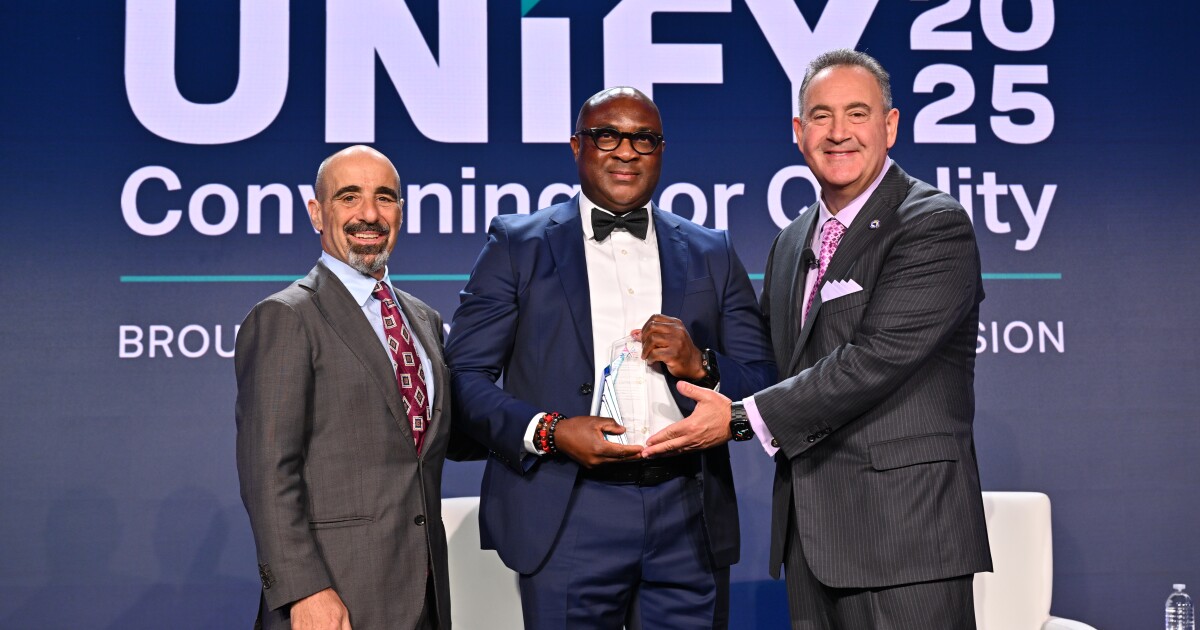In recent years, healthcare disparities, particularly concerning blood pressure management among racial and ethnic minorities, have garnered increasing attention. Cone Health, a healthcare network located in North Carolina, has been nationally recognized for its efforts to address these disparities, specifically targeting high blood pressure within the African American community. Their innovative approach and commitment to equity in healthcare have set a commendable example.
Addressing Healthcare Disparities
Healthcare disparities manifest as differences in health outcomes and access to care among various population groups. Among these disparities, hypertension has emerged as a critical concern. High blood pressure is a leading risk factor for cardiovascular diseases, and those affected by it often face challenges in gaining effective management and care, particularly in marginalized communities.
In 2023, Cone Health reported that approximately 65% of its Black primary care patients had their high blood pressure under control. This statistic revealed a crucial gap; the percentage was nearly 10 points lower than that of other demographic groups. Recognizing this disparity, Cone Health initiated a dedicated program aimed at narrowing this gap and improving health outcomes.
The Initiative and Its Implementation
Under the leadership of Dr. Olu Jegede, Cone Health implemented a multi-disciplinary, community-focused approach to hypertension management. The program leveraged pharmacy services to play a pivotal role in patient care, promoting accessibility and personalized support.
Key features of this initiative included:
- Community-Based Pharmacy Services: Patients were connected with community pharmacies for better access to information and resources.
- Virtual Consultations: The program enabled virtual visits, greatly reducing barriers to care and empowering patients to engage in their health management without needing to visit a clinic in person.
- Pharmacist Involvement: Pharmacists took a hands-on approach in educating patients about:
- Medication adherence, discussing when and how to take medications.
- Nutritional advice, guiding patients on dietary choices conducive to lowering blood pressure.
- Addressing social determinants of health, ensuring that patients’ broader life challenges were considered within their treatment plan.
Results and Impact
The outcomes from Cone Health’s initiative were compelling. The program yielded notable improvements in blood pressure control among all participants, with Black patients experiencing an increase of nearly 6 percentage points in blood pressure management.
These results not only reflect a direct impact on patient health but also highlight the effectiveness of community-engaged practices. By fostering an environment where patients felt supported and informed, Cone Health was able to create a significant shift in health outcomes.
In recognition of their successful approach, Dr. Jegede and his team were honored with the 2025 Bernard J. Tyson National Award for Pursuit of Healthcare Equity. This accolade not only serves as a testament to their hard work but also helps raise awareness around the importance of health equity initiatives.
Factors Behind the Success
Several factors contributed to the success of Cone Health’s program:
- Community Engagement: Involving pharmacists and community members ensured that the program was tailored to meet the specific needs of the community.
- Innovative Use of Technology: Virtual visits not only improved accessibility but also allowed for a more personalized patient experience.
- Education and Support: By focusing on education, patients were empowered to take control of their health, leading to better outcomes.
Future Considerations
As healthcare networks across the country strive to close the gap in health disparities, Cone Health’s initiative provides a valuable model. Other organizations can take heed from their integrated approach, utilizing technology and community resources to enhance patient care.
Moving forward, there are several areas that healthcare providers should consider:
- Sustainability of Programs: It’s essential to develop long-term strategies that keep these initiatives funded and operational.
- Broader Outreach: Expanding programs to reach a wider demographic could further improve healthcare outcomes across various underserved groups.
- Continuous Feedback and Improvement: Ongoing assessments are crucial for understanding the impact of health equity programs, allowing for adjustments and improvements as necessary.
Conclusion
The recognition that Cone Health has received for its commitment to reducing healthcare disparities is not only a reflection of its immediate successes but also a beacon of hope for the movement toward health equity. Addressing the gap in hypertension management among Black patients illustrates the potential for tangible change when healthcare systems prioritize community needs, collaboration, and innovative practices.
By continuing to advocate for equitable care, healthcare networks can significantly improve health outcomes for marginalized communities. Cone Health’s effective model stands as an inspiration, underscoring the importance of addressing systemic disparities and fostering environments where all individuals have the opportunity for optimal health.


:max_bytes(150000):strip_icc()/SURVIVOR49-091025-01-95f0c4828bfa444baef7ad69a9581ddf.jpg?w=150&resize=150,150&ssl=1)







